On September 9th, the team leads from the three Asian country teams met in Seoul, South Korea together with Ito Peng, Sherri Klassen, Maria Floro, Beth King, Marina Durano and members of the Korean research team. The event coincided with the capstone conference for the Centre for Transnational Migration and Social Inclusion’s care research project that followed on September 10th.
As is often the case, the one-day meeting sparked a desire for more conversation as we explored commonalities and differences between the country cases.
Many of the commonalities that we saw across South Korea, Mongolia and Sri Lanka are, in fact, common across a great many more countries. For instance, we noted the blurred lines between formal healthcare and care work is common everywhere but manifest differently in different country cases. Likewise, all of the countries – and many others – are seeing a crisis in care provision because they have systems that cannot function without the unpaid care provided by family members.
South Korea: Challenges with Superaging and Ultra Low Fertility
The Korean team members began their research earlier than the other countries because they recognized the impending demographic crisis that Korea would need to confront as a result of a super aging population coupled with a very low fertility rate. In many ways, Korea appears to be a frontrunner. They have had a robust long-term care system funded by a public Long-Term Care Insurance scheme for sixteen years now and have invested in publicly funded childcare. They have also made some headway in slowly moving towards gender parity in childcare. On the other hand, they are still behind other OECD countries in terms of men’s involvement in care and there are still strong social norms for much of care work to be conducted by female family members, often at the expense of paid employment. The Korean team is led by Ki-Soo Eun. Two research fellows: Jiweon Jun and Hyuna Moon also presented.
Mongolia: A Growing Awareness of the Care Economy in the face of a Care Sector ravaged by Climate Change
Otgontugs Banzragch and her team have been busy collecting interview data and engaging in knowledge mobilization activities to raise awareness of the care economy. Otgo has made great progress in knowledge mobilization in Mongolia, having provided a number of media appearances to discuss the importance of care work to the national economy. The issues related to the care economy are particularly pressing in Mongolia because climate change is forcing many of the traditional herding families to relocate to Ulambataar, the capital city, causing new stresses to daily living that particularly impact caregivers. The herder families that remain in the countryside also struggle with care issues while trying to maintain their livelihoods in extreme weather conditions. The team has conducted 90 interviews and is currently coding the data in preparation for analysis.
Sri Lanka: The Care Economy amidst Multiple Political and Social Crises
Dileni Gunewardena and her team have completed a desk study of the Care Economy in Sri Lanka and four focus group interviews, and are currently preparing a survey instrument. Like many other countries, Sri Lanka has an ageing population with patriarchal norms causing women to bear the brunt of the care economy. Still recovering from almost three decades of civil war, Sri Lanka has many female-headed households and domestic migration. A considerable number of female migrants leaving Sri Lanka to work as care providers elsewhere is resulting in a care deficit. Also noteworthy in Sri Lanka’s case, is the plantation sector of the economy that has its own care infrastructure. The focus groups revealed two predominant themes: mutuality – that caregivers look after their parents on the understanding that their children will then look after them; and partiality – the belief that the particular family caregivers are the best people to provide care.
Related Profiles
-
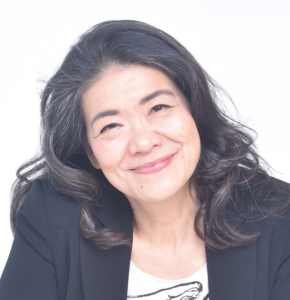
Ito Peng
Director
-
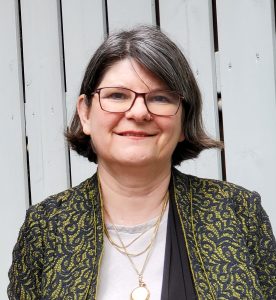
Sherri Klassen
Administrator
-
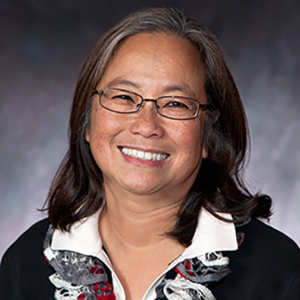
Maria Floro
Researcher
-
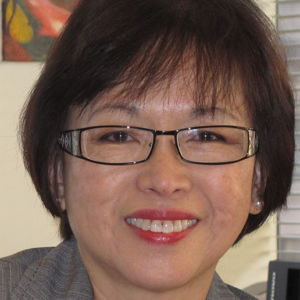
Elizabeth M. King
Public Servant
-

Ki-Soo Eun
Researcher
-

Jiweon Jun
Researcher
-
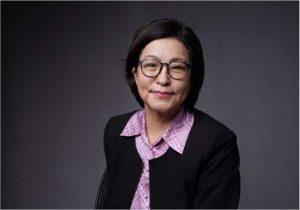
Otgontugs Banzragch
Researcher
-
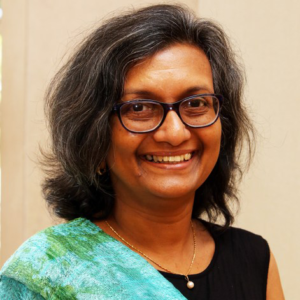
Dileni Gunewardena
Researcher

